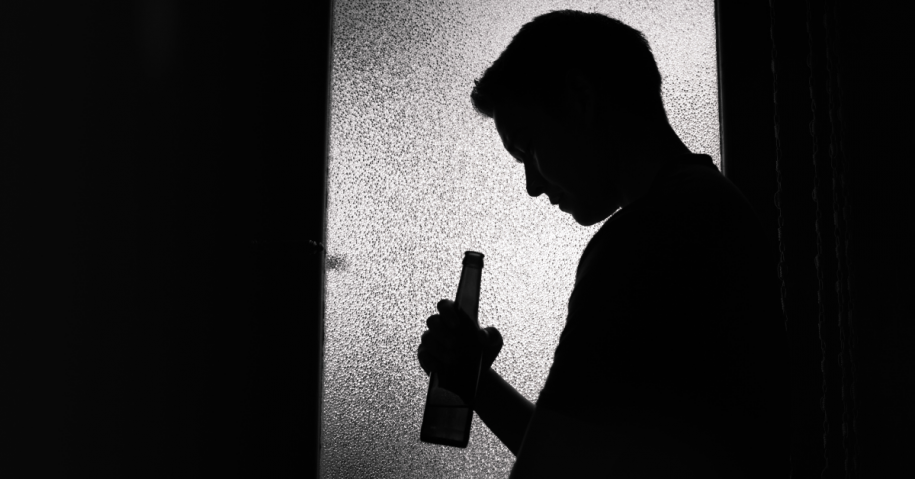Understanding Binge Drinking
Binge drinking is a common term, but many people misunderstand what it really means. It generally refers to drinking large amounts of alcohol in a short time, which raises blood alcohol concentration (BAC) to 0.08% or higher. According to the National Institute on Alcohol Abuse and Alcoholism, this usually means five or more drinks for men and four or more for women within about two hours.
Binge drinking happens in different age groups, but college students are especially known for it. They often give in to social pressures and want to fit in with their peers. However, adults of all ages can also binge drink during parties, celebrations, or stressful times. Understanding what binge drinking really is helps us recognize its dangers. By knowing its true meaning, we can start addressing this important issue.
The Immediate Effects of Binge Drinking
Many people think of binge drinking as a fun night out or a party, but the immediate effects can be quite the opposite. Physically, drinking too much alcohol can cause nausea, vomiting, dehydration, and poor motor skills. As a result, these symptoms can make even simple tasks difficult and dangerous.
Mentally, binge drinking can cloud your judgment and lower your inhibitions, leading to risky behaviors like unprotected sex or drunk driving. These actions can have serious consequences not just for the person drinking but also for those around them. Socially, binge drinking can harm relationships. Arguments, misunderstandings, and potential harm to oneself or others can create tension and distance between friends and family. Therefore, recognizing these immediate effects is crucial for preventing life-altering situations.
The Long-Term Effects on Health
The long-term effects of binge drinking are even more concerning than the short-term consequences. First, drinking heavily over time can seriously damage the liver. This damage can lead to diseases like fatty liver, hepatitis, or cirrhosis. As a result, these conditions can negatively affect a person’s quality of life and overall health.
Moreover, binge drinking can harm the cardiovascular system. Long-term heavy drinking raises the risk of high blood pressure, heart disease, and stroke. These issues can lead to severe health complications and a shorter lifespan. Additionally, binge drinking can take a toll on mental health. It can cause or worsen depression, anxiety, and other mood disorders, making daily life harder. Therefore, understanding these long-term health risks highlights the importance of moderating alcohol intake.
Impact on Personal and Professional Life
Binge drinking doesn’t just harm health; it also has serious effects on personal and professional life. First, relationships with family and friends can become strained. Frequent intoxication, erratic behavior, and neglect can lead to misunderstandings and distance between loved ones.
Additionally, drinking can impact students’ academic performance. Those who binge drink often struggle to concentrate, miss classes, and fall behind on assignments. As a result, their grades may suffer, hindering their education and future opportunities. Furthermore, in the professional world, binge drinking can lead to absenteeism and reduced productivity. Employers might see repeated alcohol-related issues as a sign of unreliability, which can affect career advancement and financial stability. Therefore, it’s important to recognize the wide-ranging consequences.
Strategies for Prevention and Harm Reduction
Reducing or avoiding binge drinking begins with awareness and smart strategies. First, setting personal limits on how much alcohol you drink is essential. By knowing your limits and sticking to them, you can avoid drinking too much.
Next, socializing responsibly can make a big difference. Try alternating alcoholic drinks with water or non-alcoholic beverages to help control your intake. Eating before and while you drink is also helpful because food slows down how fast your body absorbs alcohol.
Professionals and support groups can provide valuable help. Resources like Alcoholics Anonymous or local counseling services can guide you toward making positive changes.
Making Informed Choices for a Healthier Future
The effects of binge drinking go far beyond just one night out. By understanding both the immediate and long-term consequences, people can make better choices about how they drink. When you prioritize your health and well-being, you can create a brighter and more fulfilling future.
Get Help for Binge Drinking at Lighthouse
Binge drinking can seriously harm your physical health, mental well-being, and personal relationships. That’s why it’s important to understand its dangers and take steps to prevent it. By recognizing the signs and seeking help, you can reduce the harmful effects and make healthier choices.
If you or someone you know struggles with drinking, don’t wait to ask for help. Reach out to the Lighthouse Recovery Institute for professional support and guidance. They can help you overcome binge drinking and find a path toward recovery and a healthier future.









